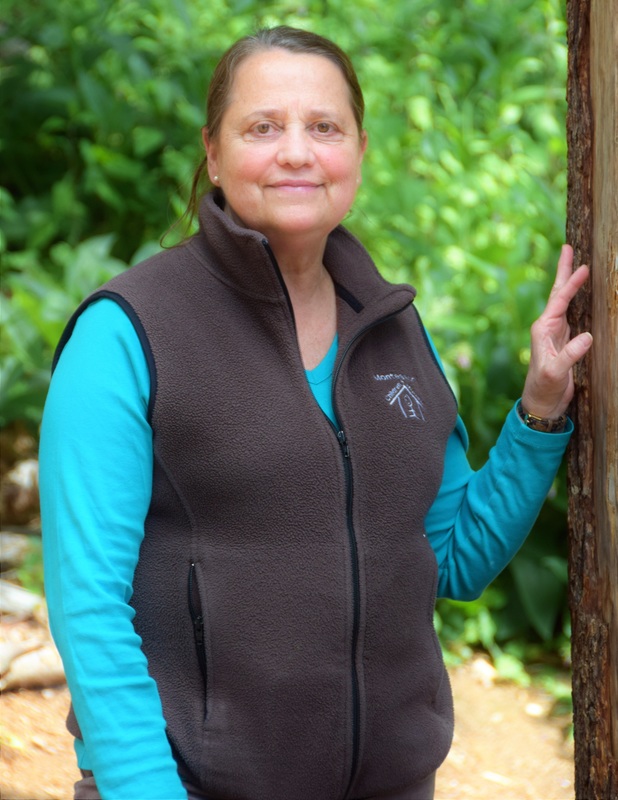|
It has been a busy and joyful start of another new school year at Montessori Children’s House as returning students, teachers, assistants and administrators welcome all the new families and staff. Even so, just as it is every year, there has also been a fair amount of anxiety as our newest and youngest students adjust to a new daily routine and the experience of separating from their parents. This is never an easy passage for all involved.
It is my hope that the following facts will help you understand that separation anxiety is a normal part of a child’s development and there are things that can be done to best support your child during this period of development. Do all young children experience separation anxiety? • Yes, to a degree, which is different for each child. • It starts when babies begin to understand that things and people exist even when they are not present. • Babies can show separation anxiety as early as 6 or 7 months. • It peaks between 10 to 18 months and usually eases up by 2 years old. • A young child will naturally get upset over being taken away from a person who protects and cares for them. • It occurs when you leave your child and can even happen at night when you put your child to bed. • Separation anxiety without a doubt is a difficult developmental stage for both parents and child. Ways to help your child cope: • If possible, arrange for you child to meet a caregiver he does not know with you present before you start leaving him on a regular basis. • Your child may still protest, but seeing a familiar face and environment should help him adjust more quickly overall. • Decide on a short-and-sweet ritual when saying “bye” AND be sure to stick to it. A predictable routine helps a child build trust in you and his own ability to get through the separation. • Be organized – plan ahead – manage your and your child’s time so that you do not feel hurried or overly stressed when preparing to get to school. • REMEMBER: Parental concerns and anxiety can easily be sensed by children and cause them to be unusually upset before and during separations. • Verbally prepare your child for separations by talking to him and helping him anticipate the events of the day. All toddlers at MCH follow a routine oriented schedule that is posted outside your child’s classroom. This will help you talk about his day. • A set daily routine even at home will help ease your child’s anxiety because it will help him make more sense of his world. Young children definitely make more sense of their world through “rituals and routines”. IT Teachers at MCH assist by: • Being warm, friendly, understanding and nurturing. • Facilitating a slow-start that meets the needs of your child. • Providing a consistent room arrangement. • Providing a predictable daily schedule. • Providing interesting activities set up to motivate children to explore. • Providing a stable emotional environment in the classroom. • Teachers will communicate with you as needed to best support this difficult period of development. All staff members at MCH realize that it takes time for parents of young children to feel comfortable leaving their child at school for the first time. We know that it will take you time to develop a sense of trust in our ability to provide for your child’s emotional, physical, cognitive, and social needs and we expect and invite you to reach out if you have questions or concerns. We value your input as we work to help your child adjust to his new routine at school. If need be, please do not hesitate to contact your child’s teacher or me. My email address: [email protected] We feel so fortunate that you have chosen our MCH community as a contributor to your child’s growth!
0 Comments
Leave a Reply. |
Kim BerudeInfant/Toddler Program Director Archives
November 2018
Categories |
|
Montessori Children's House
5003 218th Ave. NE Redmond, WA 98053 Phone: 425-868-7805 [email protected] For Records Requests, please reach out to [email protected]. |
Founded in 1987
|


 RSS Feed
RSS Feed
